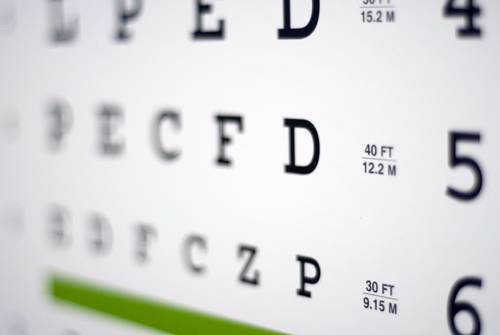Many common visual conditions can be managed using vision therapy, which is a non-surgical technique.
Despite hundreds of published research studies showing the effectiveness of vision therapy, some ophthalmologists are still skeptical.
Vision therapy is a custom program provided by specific optometrists to treat lazy eye and eye turns, but some ophthalmologists don’t recognize its efficacy to help a child with learning or attention difficulties.
Why do some ophthalmologists not recommend vision therapy?
Hundreds of peer-reviewed and evidence-based published articles show the efficacy of vision therapy.
Ophthalmologists are medical specialists, with an undergraduate qualification in medicine followed by several years of training in the fields of eye disease and eye surgery.
The most frequent reason ophthalmologists do not recommend vision therapy is lack of knowledge and training in the field of vision therapy.
Many ophthalmologists have very limited knowledge of visual perception and integration and binocular vision, and how vision therapy treats visual dysfunction.
To find out if vision therapy can benefit you or your child, make an appointment with a local vision therapy eye doctor.
SEE RELATED: 8 Vision Therapy Myths and Facts
How to find an eye doctor that knows vision therapy?
For specific vision problems that involve the visual function, find an optometrist that provides vision therapy.
Developmental optometrists, also known as behavioral optometrists, focus on the connection between the brain and visual system, which can be improved by vision therapy.
Vision therapy is performed under the guidance of an optometrist specifically trained in the field of vision therapy.
Each patient will have an eye exercise program tailored to their specific needs. Patients perform the exercises at the eye doctor’s office, which include interactive games and activities, once a week in 30-45 minute sessions, or as recommended by their eye doctor.
What is vision therapy?
Vision therapy is a customized program of eye exercises designed to improve visual skills.
The aim of vision therapy is to enhance visual skills— eye-tracking, focusing, convergence, eye-hand coordination, visual processing speed and more!
Which conditions are treated with vision therapy?
Vision therapy typically includes specific programs to treat:
- Convergence Insufficiency
- Amblyopia (lazy eye)
- Strabismus (crossed-eyes)
- Double vision
- Eye teaming and tracking problems
- Focusing difficulties
- Eye fatigue
- Depth perception and 3D vision difficulties
- Hand-eye coordination difficulties
- Visual perception and processing issues
How long do the benefits of vision therapy last?
The benefits of vision therapy will last a lifetime once the program is completed.
When properly conditioned, the focusing and eye coordination responses should be automatic. Activities for home practice are suggested at the end of each therapy program for reinforcement and self-monitoring.
Vision therapy allows children and adults to build and recover strong visual skills that will prepare them for a lifetime of learning. This program can open new doors for many adults whose visual problems prevented them from reaching their full potential.
LEARN MORE: Guide to Vision Therapy
To learn more about the benefits of vision therapy, contact an optometrist experienced in vision therapy.
Many ophthalmologists have very limited knowledge of visual perception and integration and binocular vision, and how vision therapy treats a visual dysfunction.


